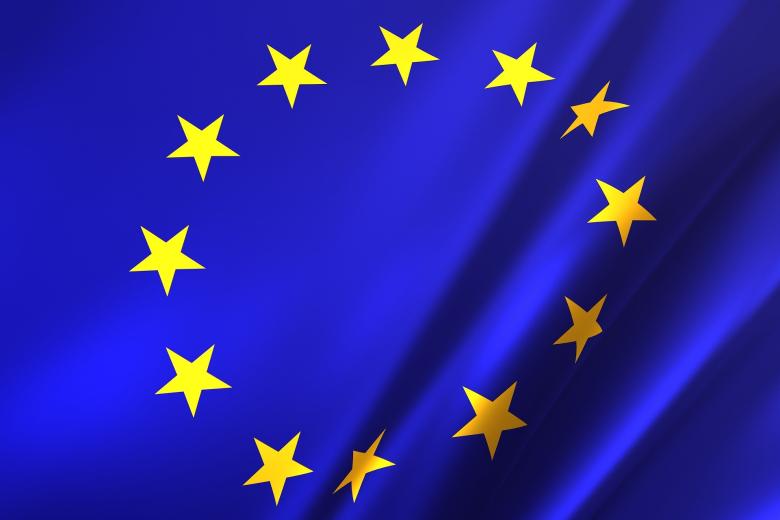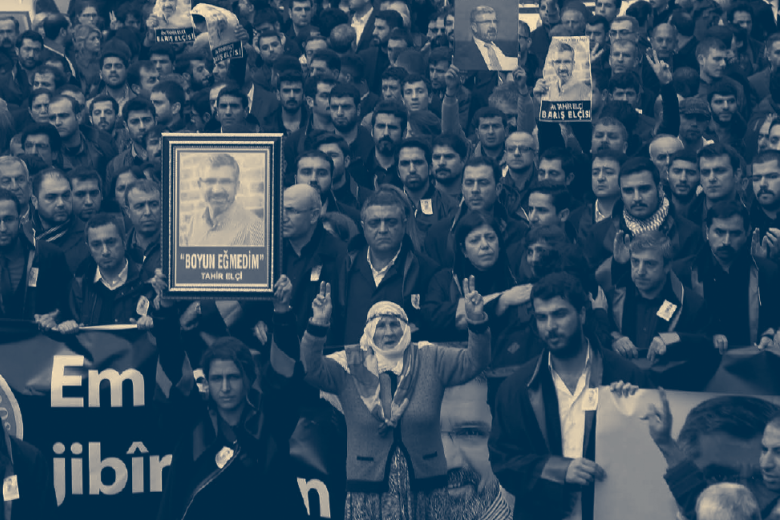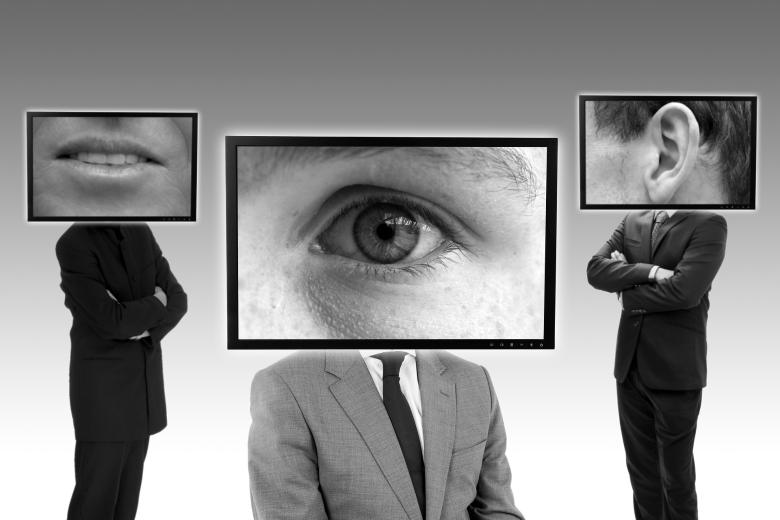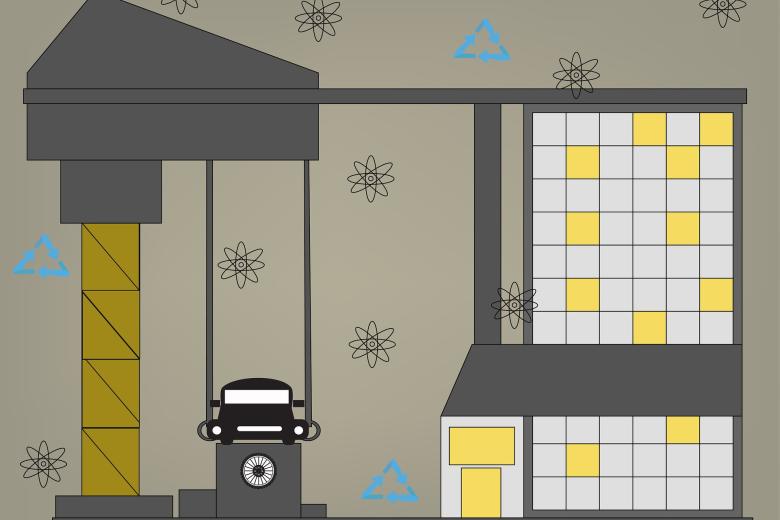For more than 40 years now, the harmonisation and unification of the European patent law have been discussed. So far, the only European legal instrument regulating substantive patent matters is a European Patent Convention (EPC) signed in 1973. The EPC, however, is outside the EU’s legislative and judicial framework - once granted the European patents by the European Patent Office (a non-EU institution itself), their enforcement is entirely within the competence of the national courts of signatory countries of the EPC.
Help us improve transparency online and build a better digital society
- Law
Survey on the Maastricht University Data Protection as a Corporate Social Responsibility (UM DPCSR) Icons Version 1.0 to facilitate users’ understanding of how their data is used.

Dare to be a leader: do not take that next flight
- Law
Maastricht University is proud of its international character, and I am too. It is the most international university in (the small country) the Netherlands. Its teaching and research programs touch upon many European and global issues. Given this profile, travelling by staff and students was common behaviour before the pandemic broke out.

The implementation challenge of art. 17 CDSM directive: an “institutional” option?
- Law
Constructing a functioning single market for business and trade among the Member States of the European Union (EU) has been the cornerstone of the EU project, and remains one of the strongest drivers for EU-level legislative reform. Over the years, the EU has prioritized the harmonization of copyright and related rights by passing a series of Directives and Regulations aiming to unify aspects of Member States’ regulatory practices, and thereby improve the overall functioning of the “Single Market.”

Are experts back in fashion? Four scenarios concerning the contestation of expertise in the European Union
- Law
There has been substantial political debate over the last decade about the role of experts in policymaking. But how are these trends likely to develop in future? Drawing on a new edited volume, Vigjilenca Abazi, Johan Adriaensen and Thomas Christiansen set out four distinct scenarios concerning the future role of expertise in policymaking within the EU.

The European Super League: opening the floodgates of competition law
- Law
Recent days have seen the meteoric rise and fall of the European Super League (ESL). This new league would have consisted of 15 founding clubs and 5 other clubs; the former consisting of ‘big clubs’ which could not be relegated and the latter in clubs who performed well over the past years on a rotational basis. Following the announcement, the proposal was met with severe backlash and most founding clubs withdrew from the competition, marking the ESL's swift collapse.

Summary of the Maastricht Private Law Lecture presented by Prof. dr. Vincent Sagaert
- Law
Does a little piece of feudalism in property law contribute to sustainability? The addressed topic was delivered by distinguished scholar Prof. dr. Vincent Sagaert and related to the general principles of property law reform, with the topic of the lecture being: "The Codification of Property Law: A Search for Principles in an Integrated Private Law".

Administrative automated decision-making: what about the right to an effective remedy?
- Law
Automated decision-making (‘ADM’) systems are algorithm decision-making tools, which issue either a partial or a full decision. While their use by national public administration is no new phenomenon, the European Union (‘EU’) has now also embraced this novel method of administrative decision-making.

How many times can the ECtHR turn its head
- Law
Thank God for Judge Egidijus Kūris. In ECtHR ruling Ahmet Hüsrev Altan v. Turkey of 13 April, he showed that decontextualized analysis is not inherent to supranational judicial review. Once again saucing up his dissent with Bob Dylan, he asked “how many times can [the ECtHR] turn [its] head and pretend that [it] just doesn’t see” the “pattern and tendency” in the treatment of civil society and independent journalism in Turkey. Kūris was referring to the majority’s failure to find ulterior motive in the prolonged pre-trial detention of a journalist –itself a “pattern and tendency in the [ECtHR’s] determination of Article 18 complaints against Turkey” and beyond.

What you need to know about passwords - Scientific insights
- Law
When we think of cybersecurity we are generally concerned with the code, algorithms and systems that are responsible for the functioning of out digital technologies and the safety of our sensitive data. What has become increasingly apparent is the role of humans in ensuring the security of our systems. A recent study by IBM found that human error is the main cause of 95% of cybersecurity breaches. This begs the question of why humans are responsible for such breaches and what makes them the key targets for attackers.

